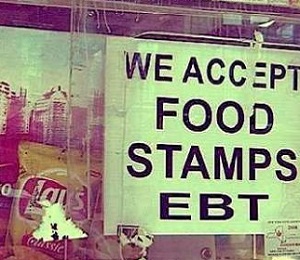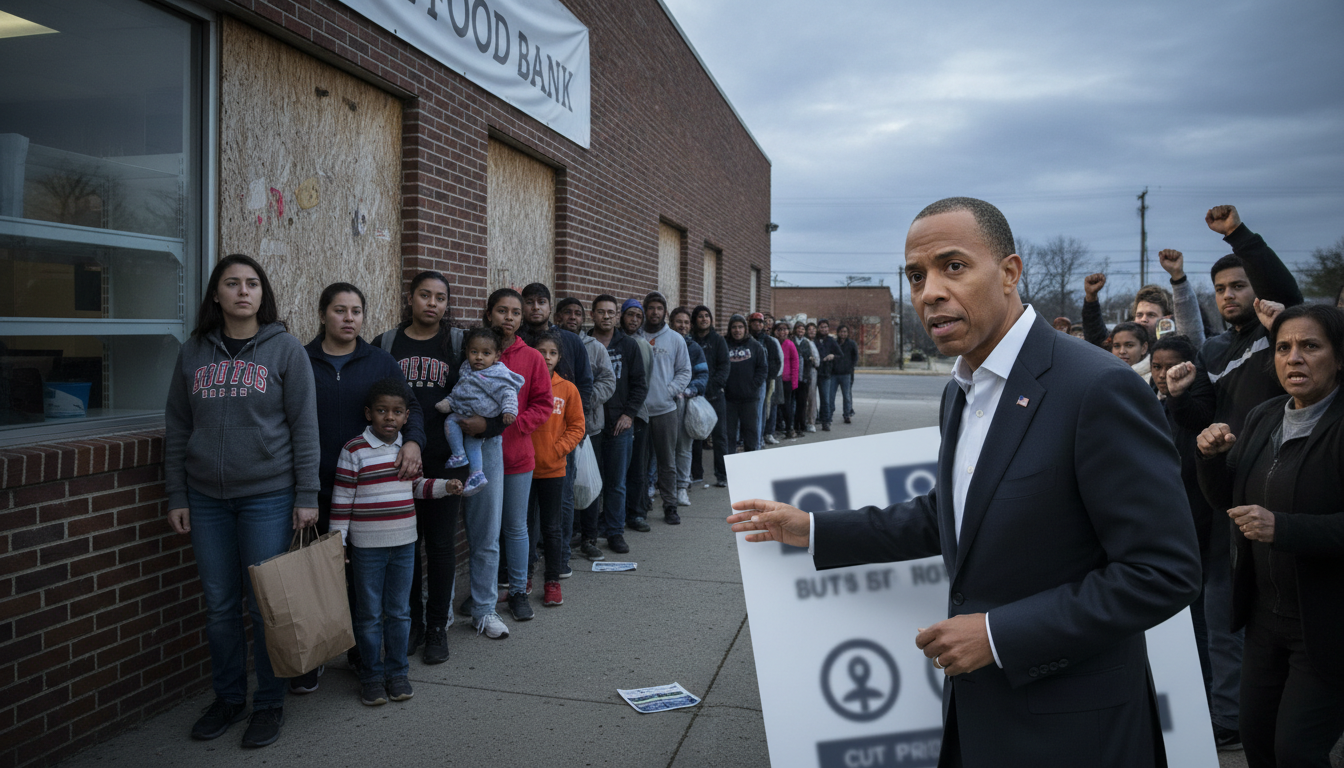Trump admin diverts $450M in tariff cash to WIC, a lifeline for 7 million mothers and children
11/05/2025 / By Willow Tohi

- The Trump administration has allocated $450 million in tariff revenue to fund the WIC program, securing approximately three more weeks of benefits for nearly 7 million low-income mothers and children.
- This marks the second such emergency infusion, following a $300 million transfer in mid-October, as a government shutdown extends into its 35th day.
- In a separate but related action, the administration was compelled by a federal judge to use contingency funds for a partial November payment of SNAP benefits, which had lapsed entirely for the first time in the program’s history.
- The administration is prioritizing WIC funding, arguing that shifting more tariff money to SNAP would create unacceptable risks for other child nutrition programs.
- Advocates warn that the instability of stopgap funding and the reduction in SNAP benefits may increase pressure on the WIC program, which cannot fully compensate for the loss of other food assistance.
As a federal government shutdown stretched into its 35th day, the Trump administration executed a critical maneuver to protect the nation’s most vulnerable, redirecting $450 million in tariff windfalls to fund the Special Supplemental Nutrition Program for Women, Infants and Children (WIC). This emergency transfer, executed on October 31, is intended to provide approximately three weeks of benefits for nearly 7 million low-income pregnant women, new mothers, infants and young children. The move highlights the escalating pressure on the nation’s social safety net and the administration’s selective strategy in managing a crisis of its own making, prioritizing specific programs while others falter.
Navigating a shutdown with selective funding
The transfer represents the administration’s second dip into a pool of money derived from Section 232 tariffs—duties imposed on imports for national security reasons. In mid-October, a similar $300 million infusion was drawn from the same fund, which held over $23 billion. This mechanism has become a temporary patch for a program that provides not only specific supplemental foods but also crucial healthcare referrals and nutrition education. The administration’s actions stand in stark contrast to its handling of the Supplemental Nutrition Assistance Program (SNAP), which saw benefits for nearly 42 million recipients lapse completely on November 1—the first such failure in the program’s six-decade history. Only after a federal judge’s order did the administration agree to tap a different set of contingency reserves to provide a partial November payment for SNAP.
The legal and logistical battle over food aid
The differential treatment of WIC and SNAP has sparked legal and political battles. The USDA had argued that fully funding SNAP with tariff money would “shortchange” WIC and other child nutrition initiatives, calling it an “unacceptable risk.” However, federal judges dismissed the agency’s claims, pointing to billions in congressionally appropriated contingency reserves that could be used. A multi-state lawsuit alleged the USDA’s reasons for suspending SNAP were “misleading,” underscoring the “irreparable harm” as food banks see demand spike and states spend millions in emergency aid to fill the gap. The administration has defended its choices by pointing to past shutdown strategies where SNAP continued without interruption, a precedent not followed in the current impasse.
WIC’s role and rising pressure
The WIC program serves a targeted demographic, providing federal grants to states for specific nutritious foods, infant formula and support services for families with income up to 185 percent of the federal poverty guideline. Notably, the program currently serves 53 percent of all infants born in the United States, a statistic that underscores its vast reach and critical importance to public health. As the shutdown continues, advocates warn that the instability of these stopgap funding measures creates profound uncertainty. Furthermore, the disruption to SNAP is anticipated to drive more families to seek WIC certification or exhaust their WIC benefits more quickly, placing additional strain on a program not designed to be a full substitute for grocery assistance.
An uncertain path forward
The administration’s use of tariff revenue offers a short-term reprieve but does not address the fundamental issue of a government operating without a congressionally approved budget. Even when the shutdown ends, advocates remain concerned about WIC receiving sufficient appropriated funding for the fiscal year, as it is a capped program unlike the entitlement-based SNAP. The current crisis has cast a spotlight on the fragility of assistance programs that millions of American families rely upon, revealing how political brinkmanship can directly impact the nutritional well-being of pregnant women, infants and young children. The temporary fixes, while preventing an immediate collapse, merely postpone a larger reckoning over the nation’s commitment to its most vulnerable citizens.
Sources for this article include:
Submit a correction >>
Tagged Under:
big government, cancel Democrats, debt collapse, food collapse, food stamps, food supply, government shutdown, hunger, money supply, nutrition, starvation, tariff revenue, tariffs, Trump, welfare, WIC
This article may contain statements that reflect the opinion of the author
RECENT NEWS & ARTICLES
COPYRIGHT © 2017 BIG GOVERNMENT NEWS




















